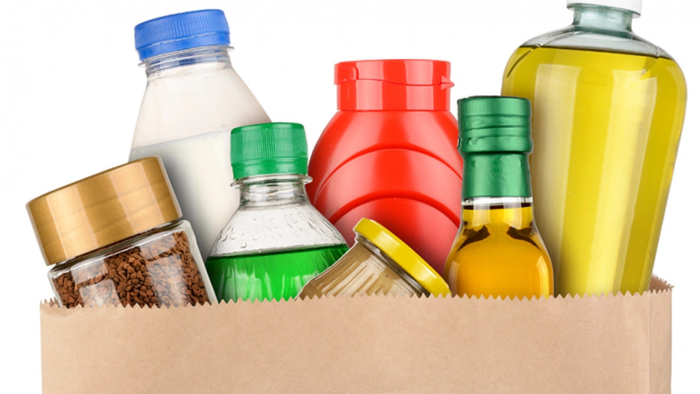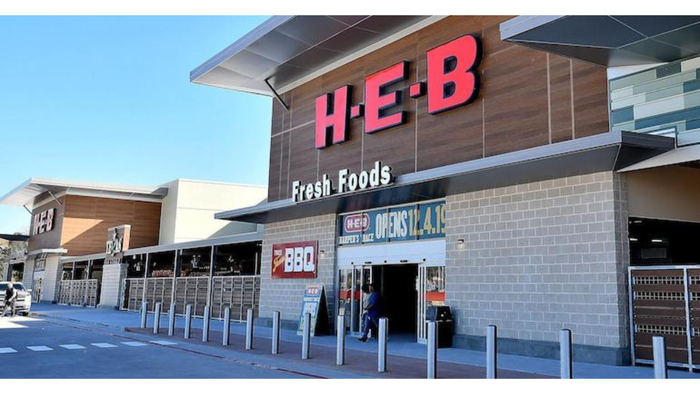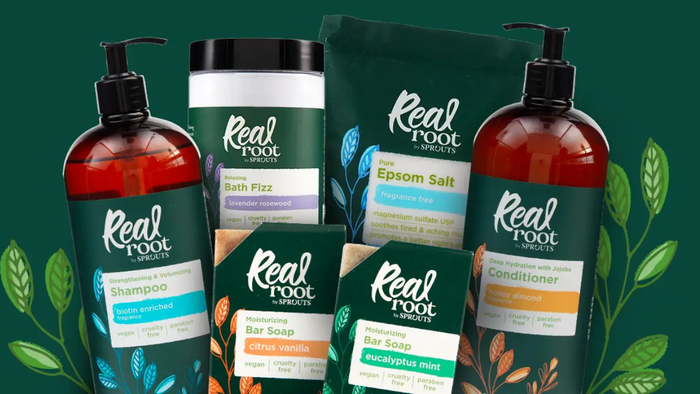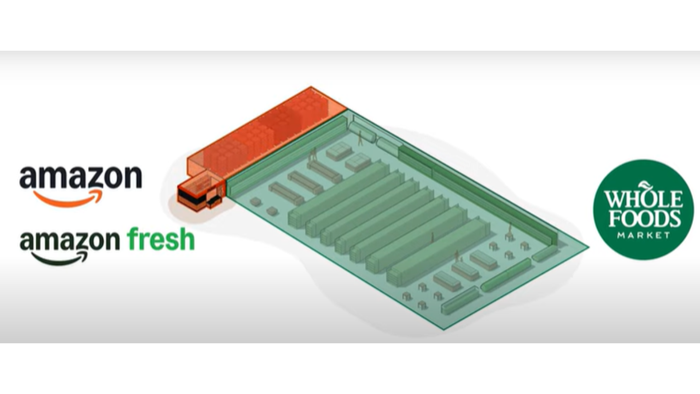Talking shop with... BOB MOORE
January 1, 2018
The CEO of iGPS discusses safety and sustainability issues as they relate to pallets. Grocery Headquarters: Safety is of course a priority for the entire food industry. Where does iGPS fit in? Bob Moore: Plastic is vastly superior to wood when it comes to food safety. Indeed, the FDA has strongly advised against the use of any wood materials in food preparation areas. Pallets constructed of plastic are nonabsorbent, which dramatically reduces the risk of pallet contamination with salmonella, E. coli and Listeria. Plastic pallets do not require fumigation or heat-treatment because they are impervious to insects. What are the benefit iGPS has to offer in terms of sustainability? iGPS is a company built on sustainability and concern for the well-being of our planet. And the only comprehensive life cycle analysis comparing iGPS’ pallet to wood alternatives has confirmed that iGPS’ pallet has dramatically less environmental impact than wood platforms on every measured metric, including global warming (65% less), ozone layer depletion (91% less) and eco-toxicity (75% less). iGPS’ plastic pallets are 100% recyclable. If a pallet is damaged, its resin is reground and remolded into new pallets, rather than ending up in a landfill when destroyed. Additionally, our pallets do not further the devastation of our precious forests, one of the more harmful factors contributing to global warming, impacting our wildlife, water systems and air quality. How does pallet choice impact fuel costs? Because iGPS pallets weigh 30% less than wood, iGPS customers save on fuel usage and associated greenhouse gas emissions. Any company can calculate the savings it will achieve by using the calculator on our site. By the end 2010, iGPS customers will have collectively saved nearly 1 million trees, 900,000 gallons of fuel and 19.6 million pounds of greenhouse gases. Why is traceability so important when it comes to pallets? RFID tags provide supply chain transparency, which facilitates product tracking. When it comes to pallet pooling, iGPS is leading the way in employing RFID technology, which provides our customers with unprecedented asset visibility and reporting. We work with each customer to tailor the most effective and efficient RFID reading and reporting solution for each location, better providing improved ROI, billing accuracy and reduced loss and needless buys. In light of recent recalls, traceability throughout the supply chain is becoming much more essential. Knowledge of where your pallet has been and what products have been shipped on it can be fundamental in the prevention of foodborne illness. In the event of a recall, product tracking and tracing can better enable a company to retrieve its goods, drastically lessening the financial burden of the recall. How can iGPS pallets help suppliers and retailers minimize shrink throughout the supply chain? iGPS plastic pallets are exceptionally durable and reliable and, unlike wood, do not warp, shrink, or absorb moisture. Each pallet maintains a standardized 48” x 40” dimension throughout its life and holds 2,800 pounds (edge rackable), exceeding Grocery Manufacturers Association (GMA) standards. The iGPS plastic pallet has full top-deck coverage, providing superior strength that reduces product damage and returned loads. Plastic pallets naturally do not have wood splinters or protruding nails which can cause injury, jam equipment and damage loads. For these reasons, our customers report dramatic reductions in product damage. Much of the food business is cyclical. How can pallet pooling help meet changing needs? The shared pallet pooling system frees companies’ capital by not having to own and maintain an inventory of pallets. With pallet pooling, companies only pay for the pallets they use. They can rent the exact number of pallets they need, rather than having to stock for peak seasons and keep idle pallets in storage. Pallet pooling at its core helps companies to avoid this needless expense. What are some of the advances in pallet construction going forward? We are constantly looking to improve our offering. We are testing a GPS device that would be embedded in our pallets, along with the existing RFID tags. This device enables us to retrieve critical information, including iGPS-defined alerts, specific events, and pallet location. Integrating this feature would improve visibility into the supply chain for iGPS and its customers alike. We are also exploring new technologies to make our pallets even more hygienic.
About the Author
You May Also Like



.png?width=700&auto=webp&quality=80&disable=upscale)
